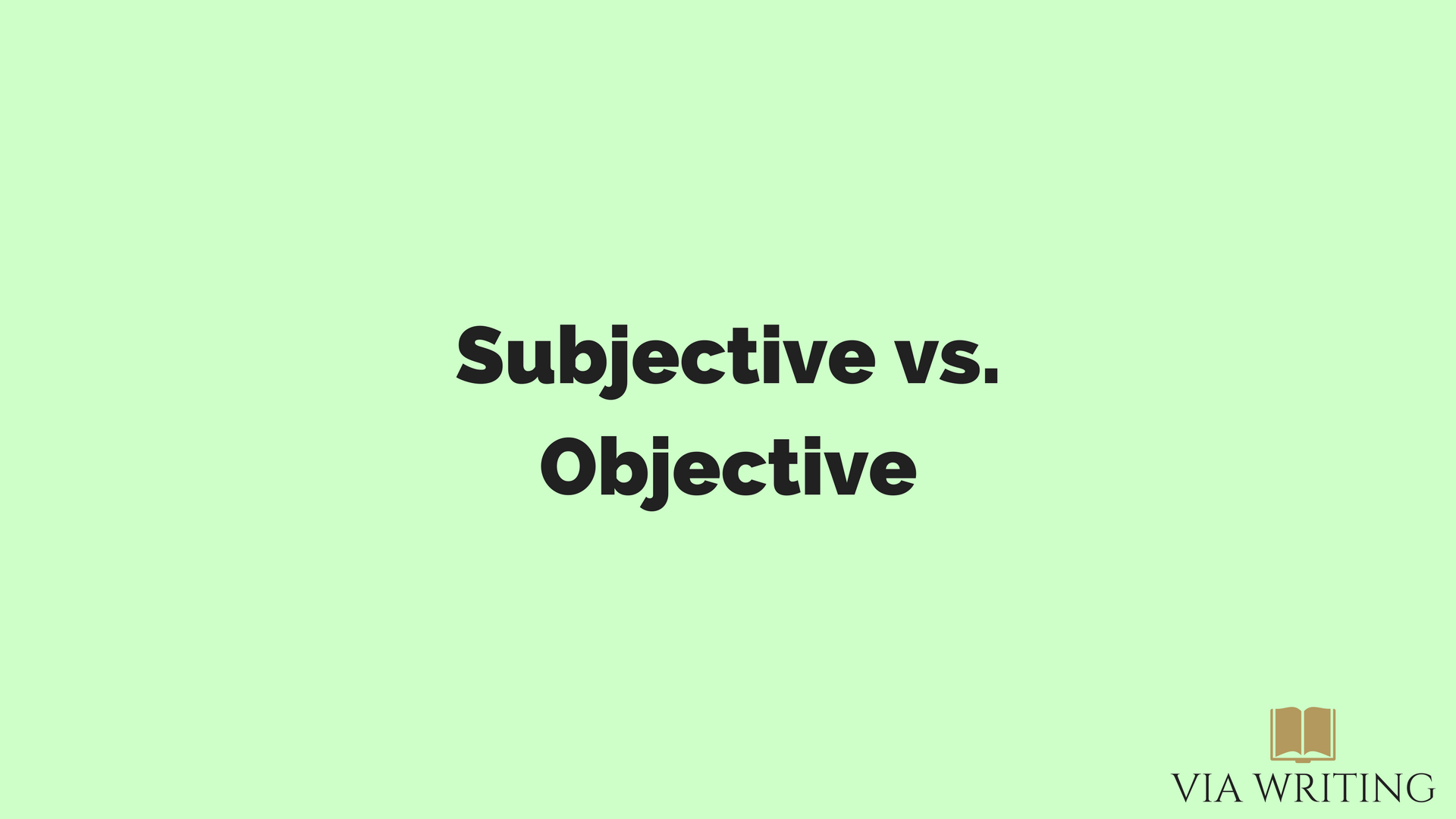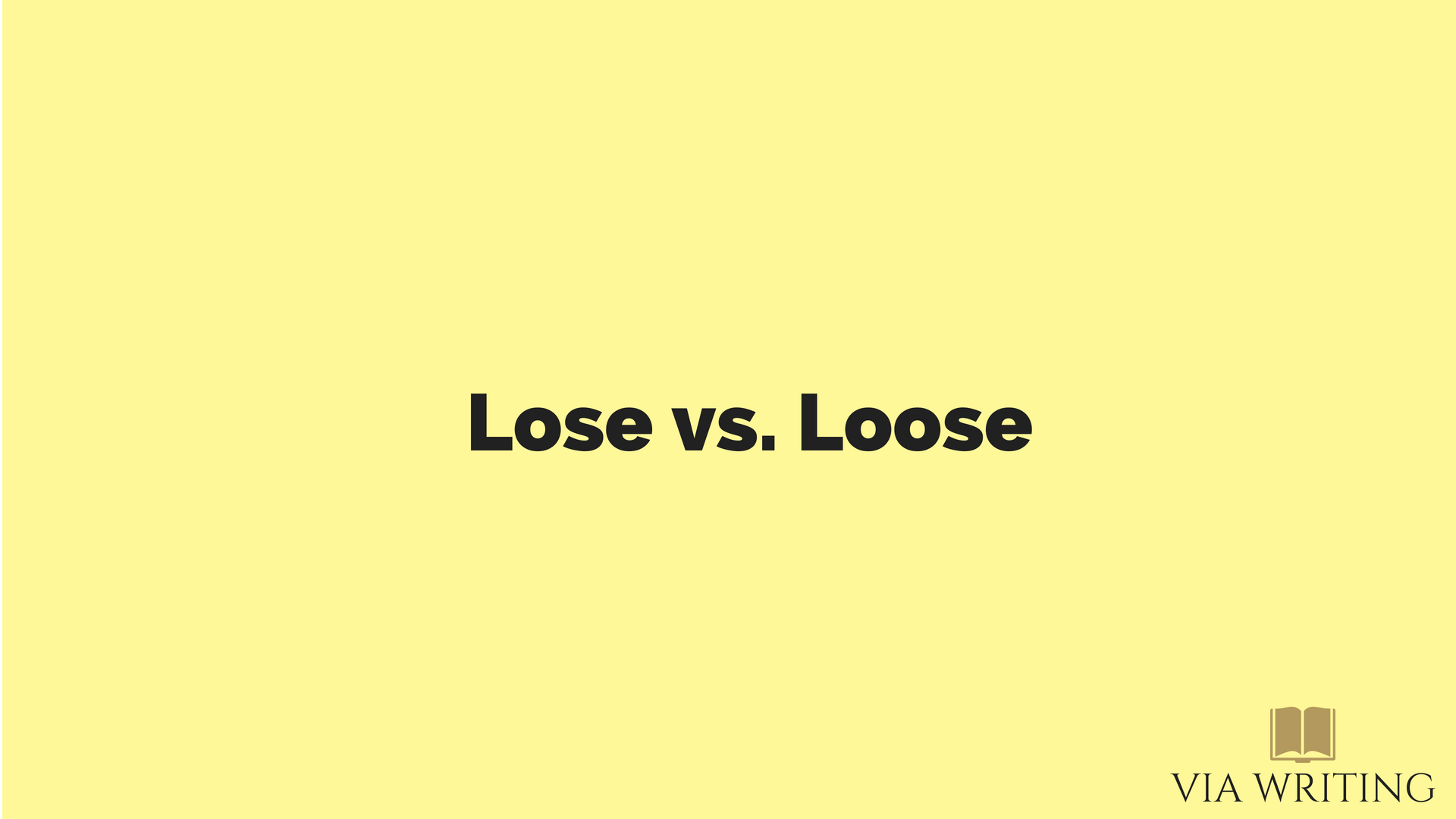‘Subjective’ and ‘Objective’ sound very similar, but in fact they mean two very different things. ‘Subjective’ refers to information that is based on personal opinions, and ‘Objective’ refers to information that is based on factual evidence. They’re essentially descriptors for information or writing that help you decide whether they’re worthwhile sources.
Subjective
Anything that is subjective will contain personal opinion, assumptions, and beliefs. You’ll most commonly find subjective information in newspaper editorials, blogs, and comments on the internet. If something is subjective, it’s not suitable for decision making or reporting in the news.
Here are some examples of subjective text:
- ‘I don’t think that this company cares about what their customers think of them. In my experience, they haven’t been the best.’
- ‘This operating system isn’t the best one out there, it’s too slow for most people’s needs.’
These statements are very clearly made from the speakers’ own opinions, and their own experiences.
Objective
Objective statements, as opposed to subjective ones, are backed up by fact. If someone makes an objective statement, they can show you the evidence to support it. Objective statements often contain statistics that can be verified if needed.
Here are some examples of objective text:
- ‘47% of citizens underpay their tax bills.’
- ‘The company’s profits have doubled in the last year, thanks to the introduction of their new product.’
These statements have been made with the evidence to back them up. The data has been collected in order to get the right information.




